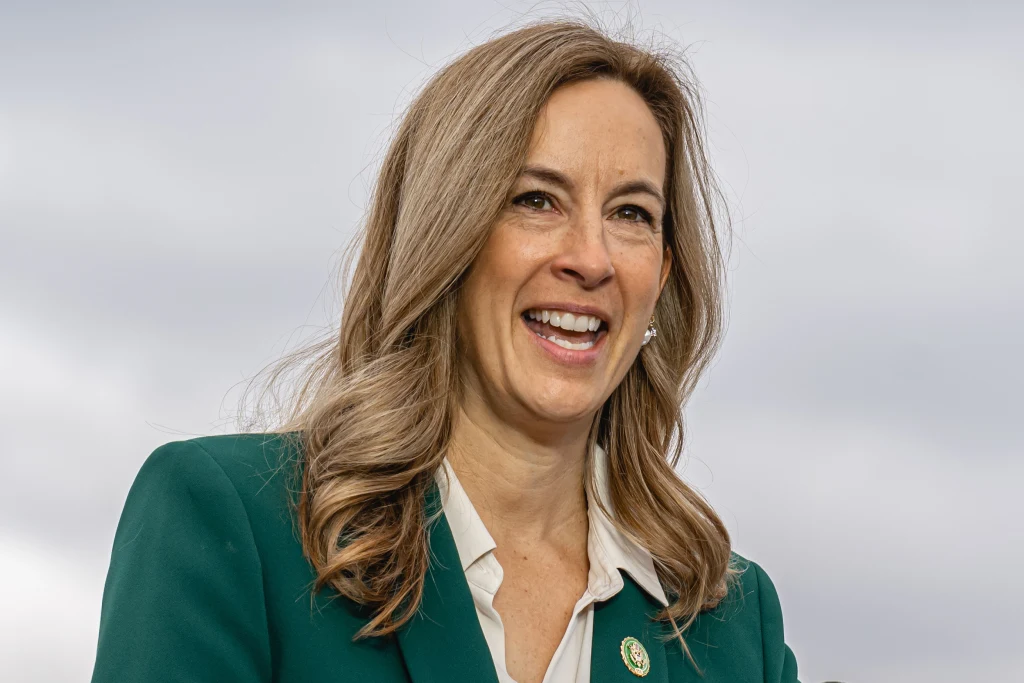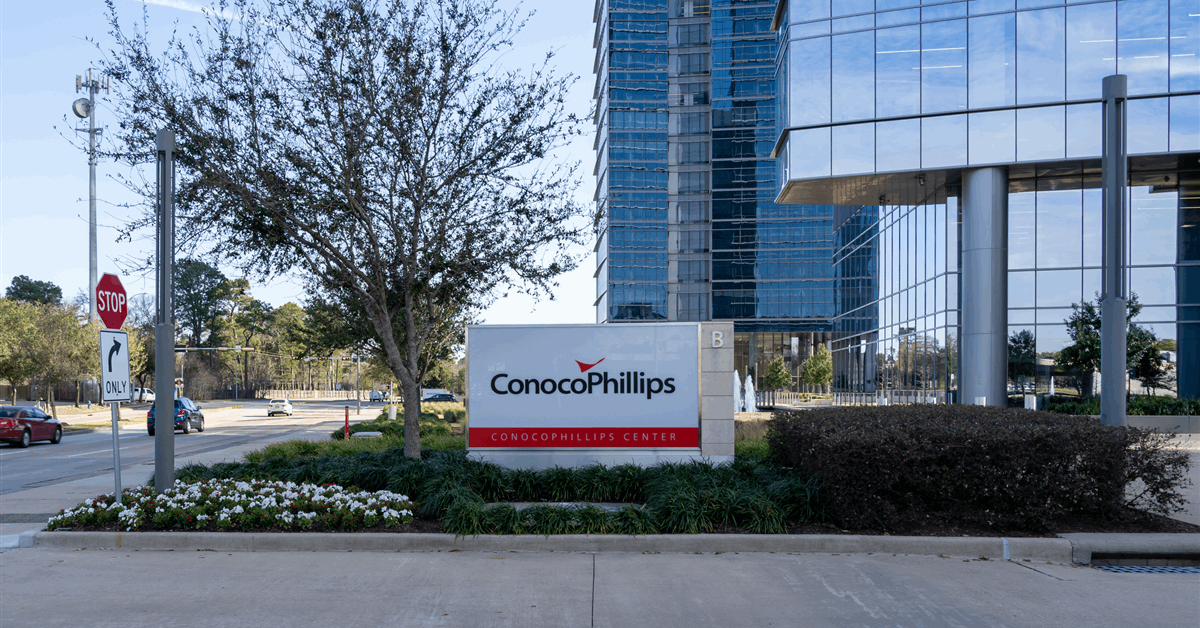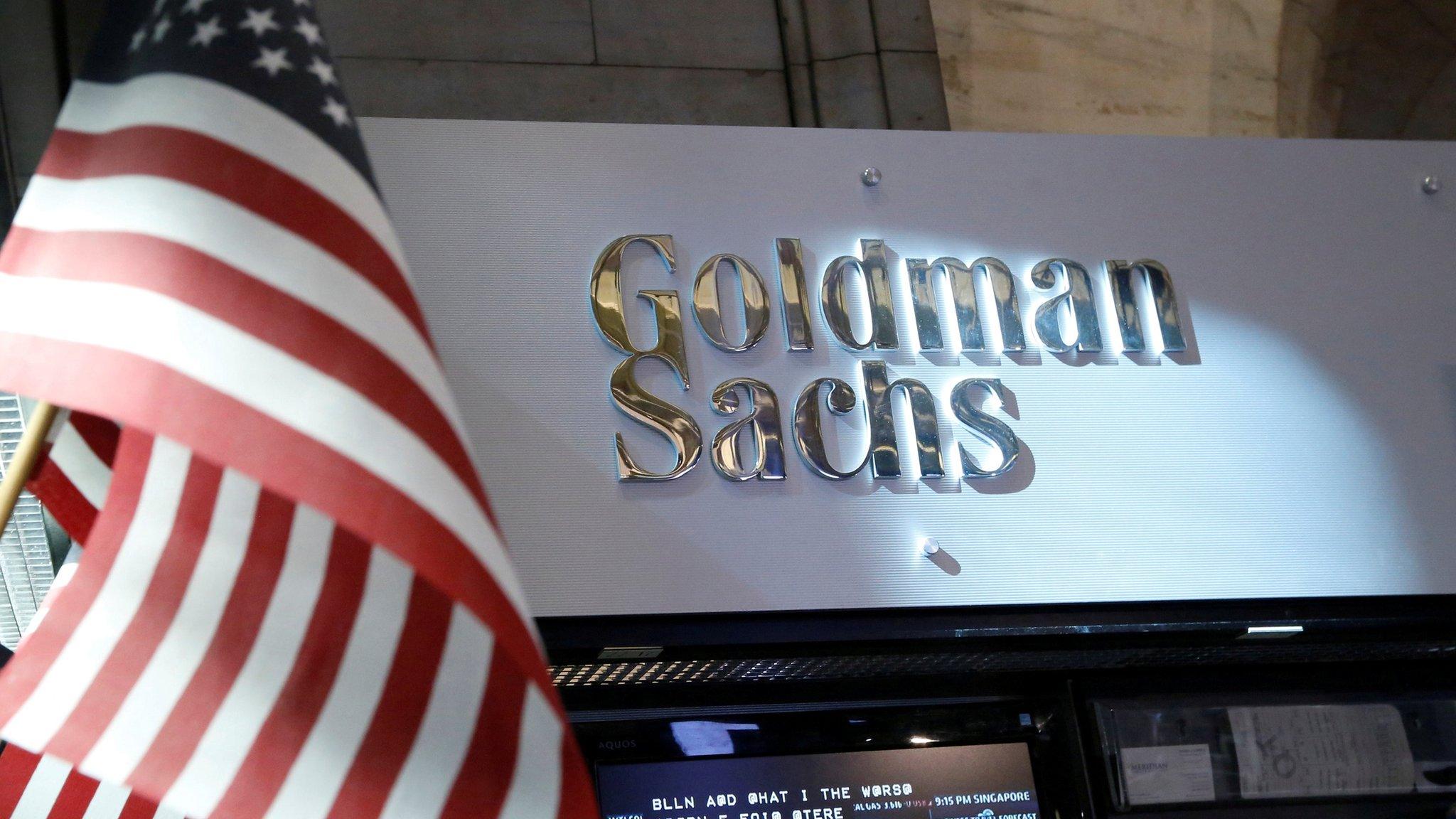The gubernatorial race in New Jersey is heating up, and there are several NJ governor candidates vying for votes.
The race to become New Jersey’s next governor in 2025 is shaping up to be one of the most unpredictable and hard-fought contests in recent state history. With incumbent Governor Phil Murphy completing his second term and constitutionally barred from running again, both major parties are preparing for a high-stakes battle that could reshape the state’s political landscape for years to come.
A Crowded Democratic Field
On the Democratic side, several prominent figures have already begun laying the groundwork for potential campaigns. Chief among them is Jersey City Mayor Steven Fulop, who was one of the first to announce his candidacy. Fulop, a former Marine and three-term mayor, is positioning himself as a pragmatic progressive — someone who can continue Murphy’s liberal agenda while emphasizing efficiency and urban development.
Fulop’s leadership of Jersey City has drawn praise for its rapid economic growth, but critics point to gentrification and rising housing costs as ongoing challenges. His early entry into the race has given him a head start on fundraising and organization, a significant advantage in a state where media markets are among the most expensive in the nation.
Another expected contender is Representative Mikie Sherrill, who has built a reputation in Washington as a moderate Democrat focused on fiscal responsibility and veterans’ issues. A former Navy helicopter pilot and federal prosecutor, Sherrill could appeal to suburban voters across the state’s politically mixed northern and central regions.
Newark Mayor Ras Baraka has also hinted at interest in a statewide run. Known for his work on police reform and community investment, Baraka represents the progressive wing of the party. His potential candidacy could energize younger voters and communities of color, both key constituencies in any Democratic primary.
State Senate President Nicholas Scutari, meanwhile, is viewed as a possible dark horse. A powerful figure in Trenton, Scutari’s control over the legislative agenda gives him influence and access to key donors. His pragmatic, deal-making style might attract establishment Democrats looking for stability after Murphy’s tenure.
Republicans See an Opening
For Republicans, the 2025 race is viewed as their best chance in more than a decade to reclaim the governorship. New Jersey hasn’t elected a Republican governor since Chris Christie’s reelection in 2013, but with Murphy’s approval ratings having dipped during his final term, the GOP senses opportunity.
Former State Assemblyman Jack Ciattarelli, who narrowly lost to Murphy in 2021, remains a leading contender. Ciattarelli’s near-win that year — losing by just three points — surprised many analysts and energized the state’s Republican base. Since then, he has continued to attend grassroots events and maintain visibility across the state, signaling his intention for a rematch.
Ciattarelli’s message emphasizes affordability, tax reform, and opposition to what he calls “Trenton’s one-party rule.” His campaign could capitalize on voter fatigue with Democratic dominance, particularly if property taxes and cost-of-living concerns remain front and center.
Other potential Republican candidates include State Senator Jon Bramnick, known for his moderate and often bipartisan approach, and former U.S. Attorney Bill Palatucci, a close ally of Chris Christie. Bramnick could appeal to centrist voters who dislike the polarization of national politics, while Palatucci might benefit from establishment connections and fundraising experience.
There are also whispers of possible outsider bids from business leaders or local executives, tapping into anti-establishment sentiment that has periodically swayed New Jersey voters.
The Issues Defining the Race
While personalities and political machines will play a major role, the 2025 governor’s race is expected to revolve around several key issues that resonate deeply with residents.
Affordability remains the top concern. New Jersey continues to rank among the most expensive states in the country for property taxes, housing, and overall cost of living. Candidates from both parties will likely offer competing visions for tax relief and economic reform.
Transportation and infrastructure will also be central. With major projects like the Gateway Tunnel still underway and persistent congestion on the state’s highways, voters are eager for leaders who can deliver tangible improvements.
Education policy, especially funding disparities between districts, is another flashpoint. Democrats are expected to defend the state’s robust public education system and its commitment to equity, while Republicans may push for expanded school choice and local control.
Environmental policy, too, will factor heavily. Under Murphy, New Jersey set ambitious renewable energy targets and joined regional climate initiatives. The next governor will face pressure to either accelerate those commitments or scale them back, depending on the electorate’s mood and the state’s economic priorities.
What’s at Stake Among NJ Governor Candidates
Beyond the immediate contest, the 2025 election could have national implications. As one of the most populous and politically influential blue states, New Jersey’s leadership often serves as a bellwether for the Democratic Party’s broader direction. A Democratic victory would likely reaffirm the party’s dominance in state politics, while a Republican win could signal a suburban shift and embolden the GOP ahead of 2026 congressional races.
The campaign is also expected to test the strength of local political organizations, particularly in North and South Jersey, where county chairs wield significant influence over endorsements and ballot placement. Early endorsements could determine who emerges as the frontrunner before the June 2025 primaries.
A Battle of Identity and Direction
Ultimately, New Jersey’s 2025 gubernatorial race isn’t just about who occupies the governor’s mansion — it’s about the identity of the state itself.
Democrats will argue for continuing the progressive trajectory set by Phil Murphy, focusing on social justice, renewable energy, and expanding the middle class. Republicans, meanwhile, will frame their campaign around restoring balance, cutting taxes, and tackling affordability.
With an open field, a diverse roster of candidates, and an electorate increasingly frustrated by economic pressures, the contest promises to be one of the most compelling political stories of the coming year.
By this time next fall, voters will decide not only who leads New Jersey, but what kind of future they want their state to build.




